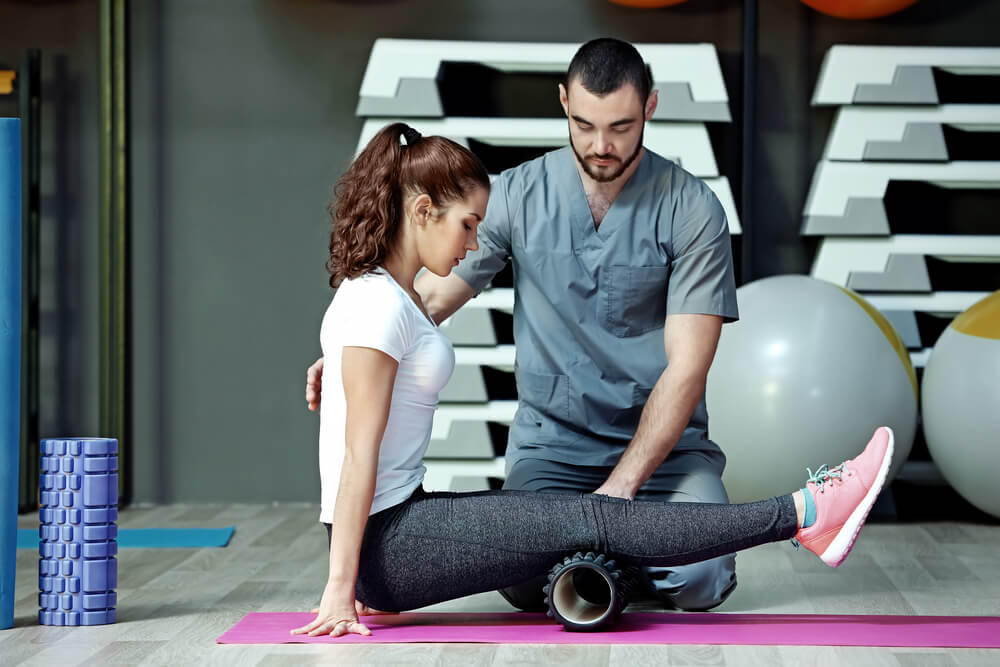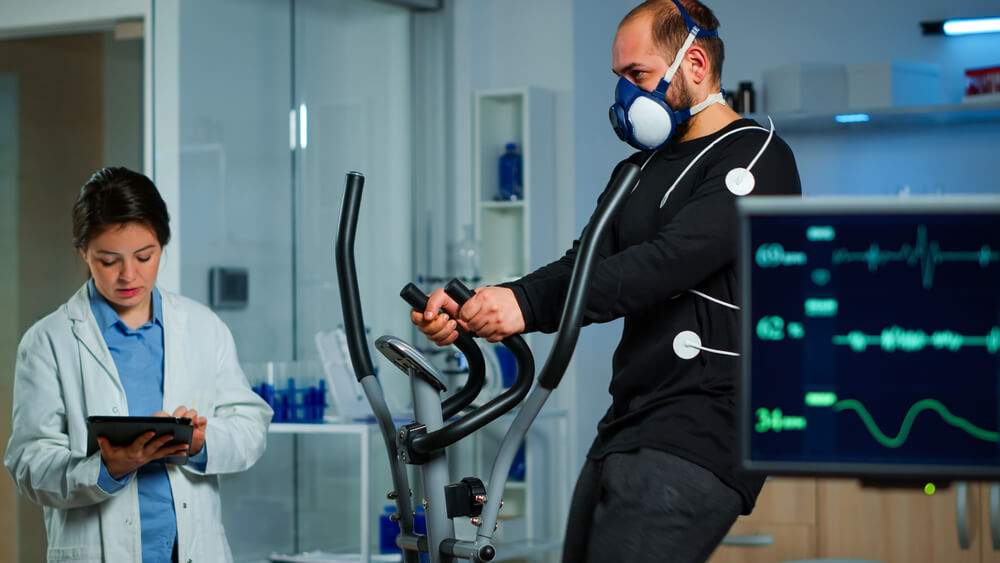There’s no better way for adolescent children to stay fit and healthy and learn the benefits of teamwork than by playing sports. However, regardless of their sport of choice, be that soccer, baseball, martial arts, track, or something else, the risk of getting hurt is always there. Most common injuries include strains and sprained ankles, but teens can also suffer some more serious issues such as allergic reactions to insects around the field, concussions, and heat strokes. In order to prevent the risk of injuries, preparation is the key. The beginning of the said prep for every sporty teen is a sports physical exam. Thanks to this exam, the doctor checks whether the teen’s body is in good shape for the upcoming sports season and looks at previous medical history to see whether there’s a need for further examination. That said, we’ll go through what they do at a sports physical, and more specifically, what happens at a physical for a girl and a boy.
What Is a Sports Physical Exam?
For teenagers, starting with medical history is essential when beginning the sports physical exam. It’s rather common for the doctor performing the examination to ask questions about previous injuries, illnesses, and hospitalizations that might affect the teen’s current ability to play sports. The teenager will also have to fill out a questionnaire that focuses on their lifestyle and daily habits, including the use of drugs and alcohol.
What Do They Do at a Sports Physical?

Starting with medical history is essential for teenagers when beginning the sports physical exam. It’s rather common for the doctor performing the examination to ask questions about previous injuries, illnesses, and hospitalizations that might affect the teen’s current ability to play sports. The teenager will also have to fill out a questionnaire that focuses on their lifestyle and daily habits, including the use of drugs and alcohol.
There are some general checkups which means that what they do at a sports physical for guys won’t differ much from what happens at a sports physical for a girl. That said, the sports medicine pediatrician will have to inquire about and check the following conditions:
- Shortness of breath and asthma
- Chest pains, especially during physical activity
- High blood pressure and heart issues
- Dizziness, fainting, and/or epilepsy episodes
- Headaches and fatigue
- Eating disorders and diabetes
- Vision and skin issues
- Severe allergic reactions to insects, pollen, or food
- Problems with kidneys or liver
- Injuries of spine, joints, and bones
- Previous injuries and surgeries
- Using any kind of meds, be it prescription, over-the-counter, or herbal
- Family history of heart disease
Once the doctor is done checking the medical history of the teenager, they will move onto the physical exam where they will:
- Take the teen’s blood pressure and pulse rate
- Assess the condition of the heart and lungs
- Test neurological functions such as coordination and reflexes
- Check the throat, nose, and ears
- Examine the mobility and joint flexibility
- Test the teen’s hearing and vision
- Do the weight and height measurements
- Do screening tests for cholesterol, urine, and hemoglobin
- Perform immunization if necessary
What Happens at a Physical for a Girl?
As mentioned, what happens at a physical for a girl is pretty much the same as what they do at a sports physical for guys. But obviously, there will be some slight differences. For instance, the doctor may change their questions a bit based on whether they’re examining a teenage girl or boy. Therefore, it is to be expected that questions about the menstrual cycle and periods are going to be a part of what happens at a sports physical for a girl. Aside from that, the doctor will definitely have to assess the girl’s dietary habits. After all, dieting and lack of nutrition can also lead to weaker bones. Based on the answers, the doctor will then decide whether to proceed with additional tests and screenings.
What Do They Do at a Sports Physical for Guys?

Again, a big portion of what happens at a sports physical for a girl is the same for boys as well. However, just like the doctor will inspect the girl’s menstrual cycle, they will examine the boy’s genitals. This includes the scrotum, testicles, and penis. Typically, the teenager will have to cough while the doctor is examining the scrotum. Even though it may be embarrassing for a teen, it is a necessary practice that checks for tumors and inguinal hernias.
An inguinal hernia is when part of the bowel/intestine pushes down from the abdomen inside the scrotum. The issue can be fixed with surgery.
Will the Teenager be Able to Play Sports?
Once the sports physical exam is complete, the doctor will decide whether the teenager is able to participate in the sports for the following season or not. This decision is made based on several different factors, such as:
- The actual sport that the teen plays and its level of difficulty
- The position that the teen plays as well as the competition level in that sport
- The actual size of the athlete
- The type of protective equipment that’s being used for that particular sport
- The option to make the entire practice and playtime safer
If the teen is declared perfectly healthy and in good physical condition, they will be given the green light to play the sport. If there are certain concerns, the doctor will suggest specific practices, such as having epinephrine auto injections constantly for adolescents with severe allergies, carrying an inhaler for kids who suffer from asthma, always using adequate protective equipment, and so on.
In general, it rarely happens that teenagers are completely banned from participating in sports after the exam. Even with certain medical conditions, teenagers should be able to play sports if they go for regular follow-ups and take their treatment as instructed.
It’s important for parents to note that even with annual sports physicals, teenagers who actively participate in sports every year should also get a comprehensive physical exam. This is in case the sports physical they typically get doesn’t cover a full health workup. Even if teenagers need to pause their play for the entire year, they should still have an annual exam.
Finding the right pediatrician for your child can be challenging, especially since it is so important that both you and your teenage kid have complete trust in your doctor. If your teenage child plans to take up sports, you can always count on the expert team of sports doctors at Worldwide Pediatrics in Plantation and Doral, FL. It’s essential that you take your kids for a physical before signing them up for a certain sports activity so that the thorough checkup can provide some insight into the teenager’s health as well as the ideal sport for their fitness, age, and personality.



